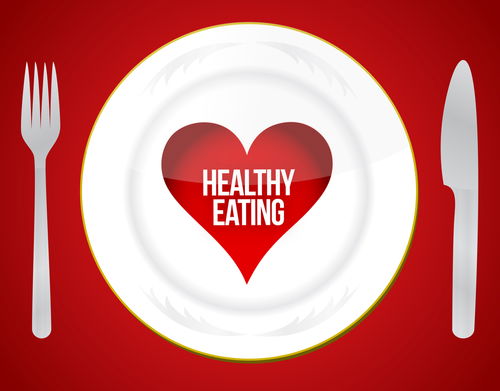Achieve Your Long-Term Weight Goals

While there are countless weight loss methods out there, the key lies in consuming nutrient-dense calories, incorporating cardio and strength training, staying hydrated, and getting sufficient rest. Plus, avoid mindless snacking and calorie-laden drinks. Remember that portion control plays a significant role in weight loss. Using smaller plates can help reduce calorie intake. Eliminating fatty, salty, and sugary processed foods from your diet can greatly improve your health.
When it comes to food, you need to consider the calorie density or energy density. So, opt low-calorie-dense foods that provide plenty of nutrients without packing on the calories. In addition to eating well, it's crucial to exercise, stay hydrated, and get enough sleep. Achieving and maintaining your weight loss goals requires a holistic approach. Swap out empty calories for satisfying dishes that include an adequate amount of protein, fiber, and healthy fats.
Take Control of Your Diet & Exercise
If it's time to take control of your diet and enjoy a balanced and fulfilling lifestyle, keeping track ensures that you have a sustainable plan. Benefits of tracking food and exercise habits, such as:
1) Self-awareness and mindfulness – It's easy to forget what you've consumed throughout the day, but with tracking, you can increase your self-awareness and mindfulness.
2) Achieve long-term health goals – Tracking your diet and exercise helps you understand your current habits and provides a starting point for making a plan that will help you achieve your long-term goals for living healthy.
3) Easier to make modifications – Tracking your daily exercise routine and dietary food intake can provide you with the real answers and makes it much easier to make decisions about modifications.
4) Make informed choices daily – Tracking your food doesn't mean you have to give up your favorite less-healthy foods. It simply helps you enjoy them in moderation, so you know how to get back on track.
Moderate Exercise Can Have a Positive Impact
Exercise is a key factor in weight loss and weight maintenance. Not only does exercise increase your metabolism, leading to more calories burned, but it also helps build and maintain lean body mass, which further increases your calorie burn. Even moderate exercise, like walking and using stairs, has a positive impact on health and weight loss. It reduces the risk of chronic diseases and associated disabilities, while preventing weight gain and promoting weight loss.
Weight training can include using free weights, weight machines, or even just your own body weight. Today, health specialists advise incorporating at least two days of weight training into your aerobic or cardiovascular routine. Physical activity increases energy expenditure, helping to maintain energy balance and potentially leading to weight loss, as long as calorie intake isn't increased to compensate for the extra calories burned. Walking is particularly beneficial.
By submitting this form, you agree to receive marketing text messages from us at the number provided, including messages sent by autodialer. Consent is not a condition of any purchase. Message and data rates may apply. Message frequency varies. Reply HELP for help or STOP to cancel. View our Privacy Policy and Terms of Service.

